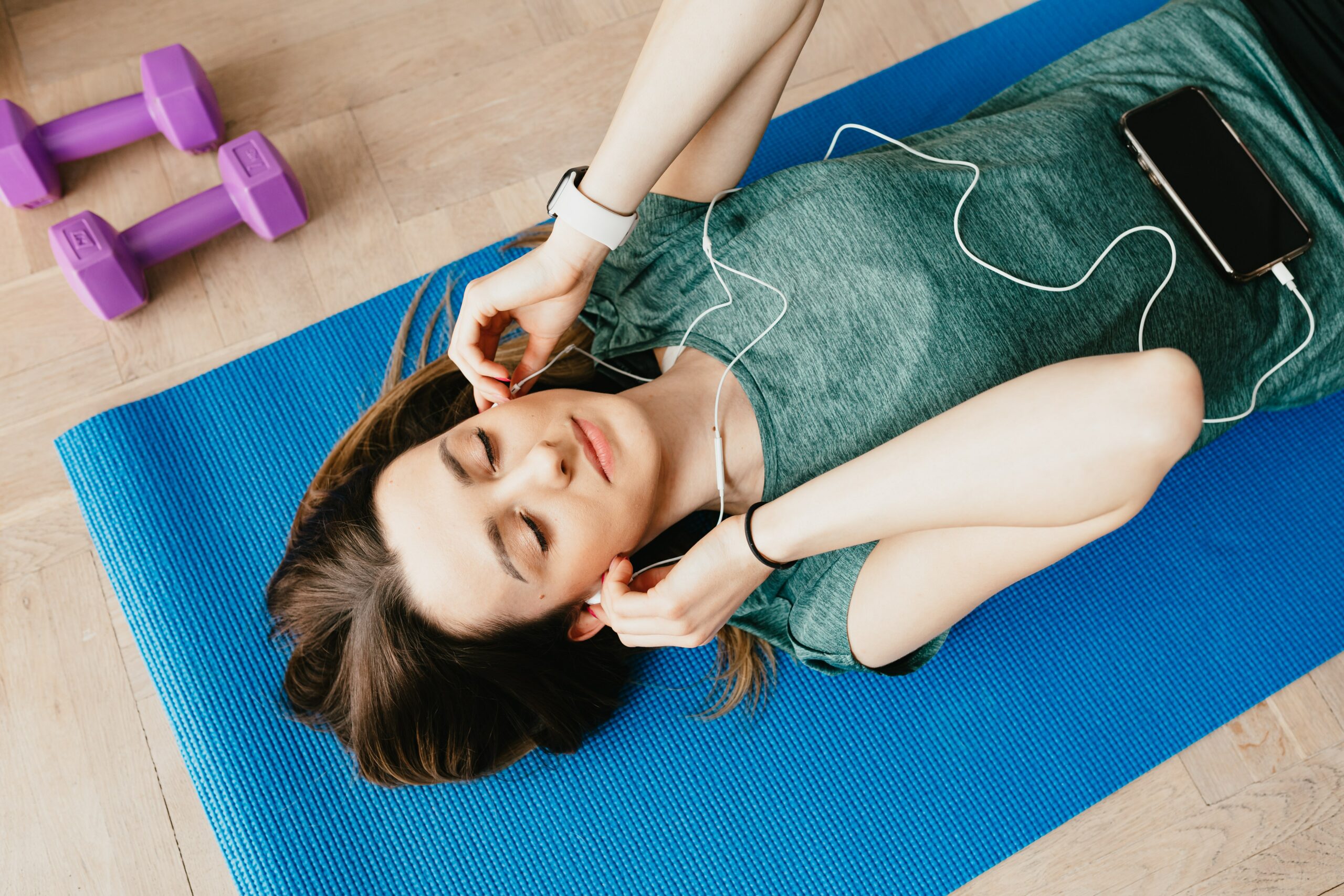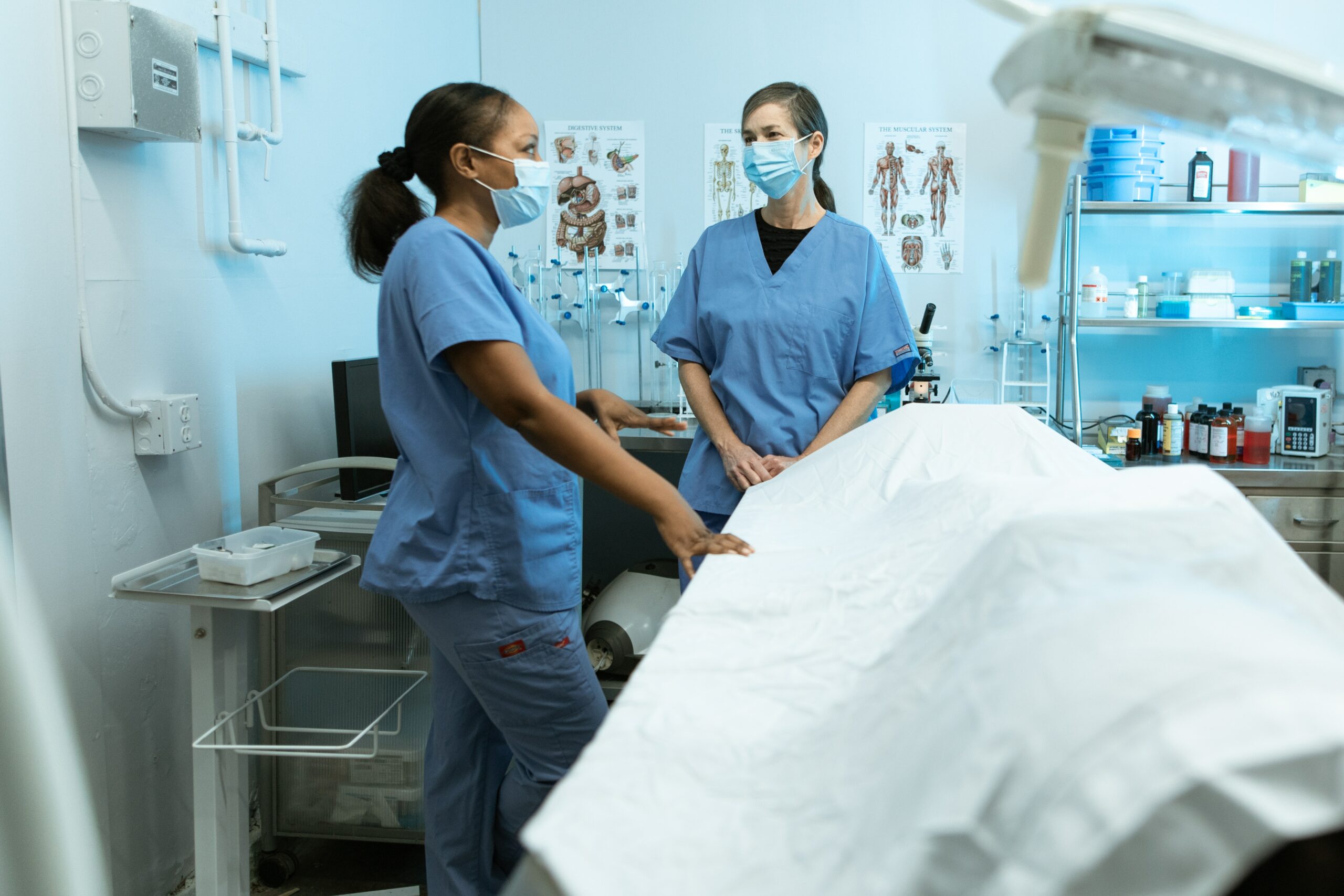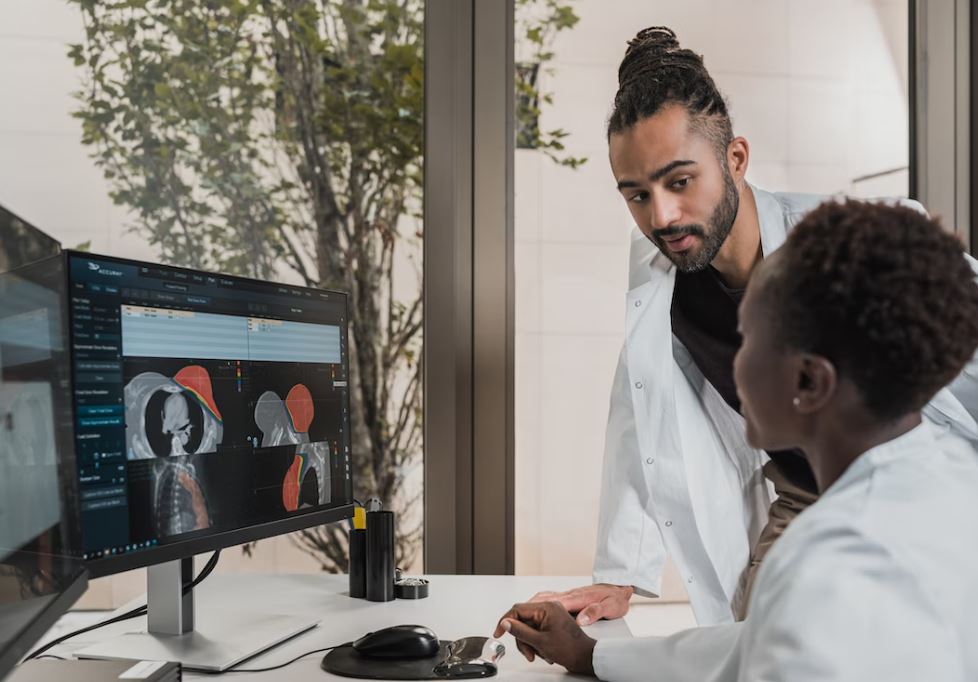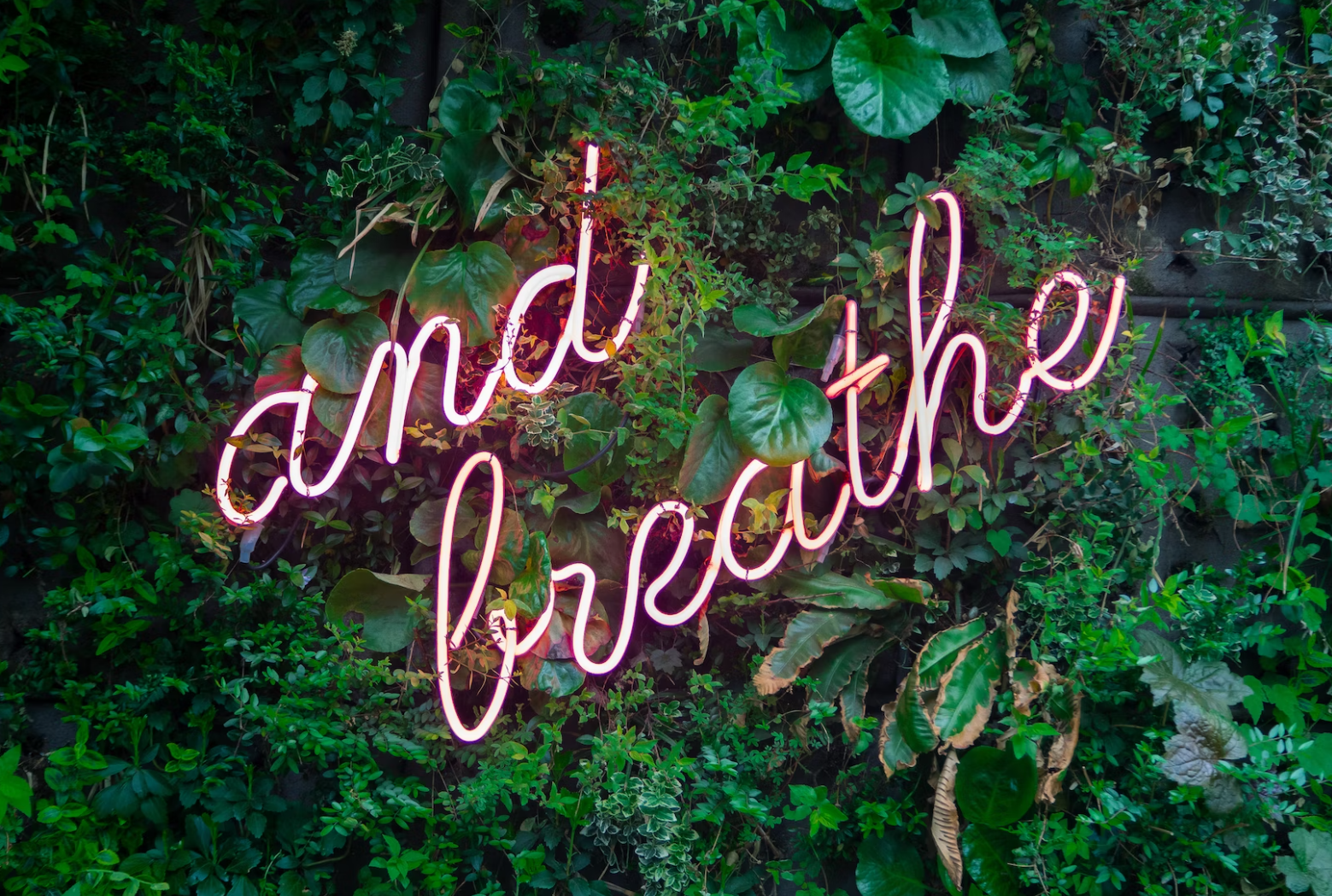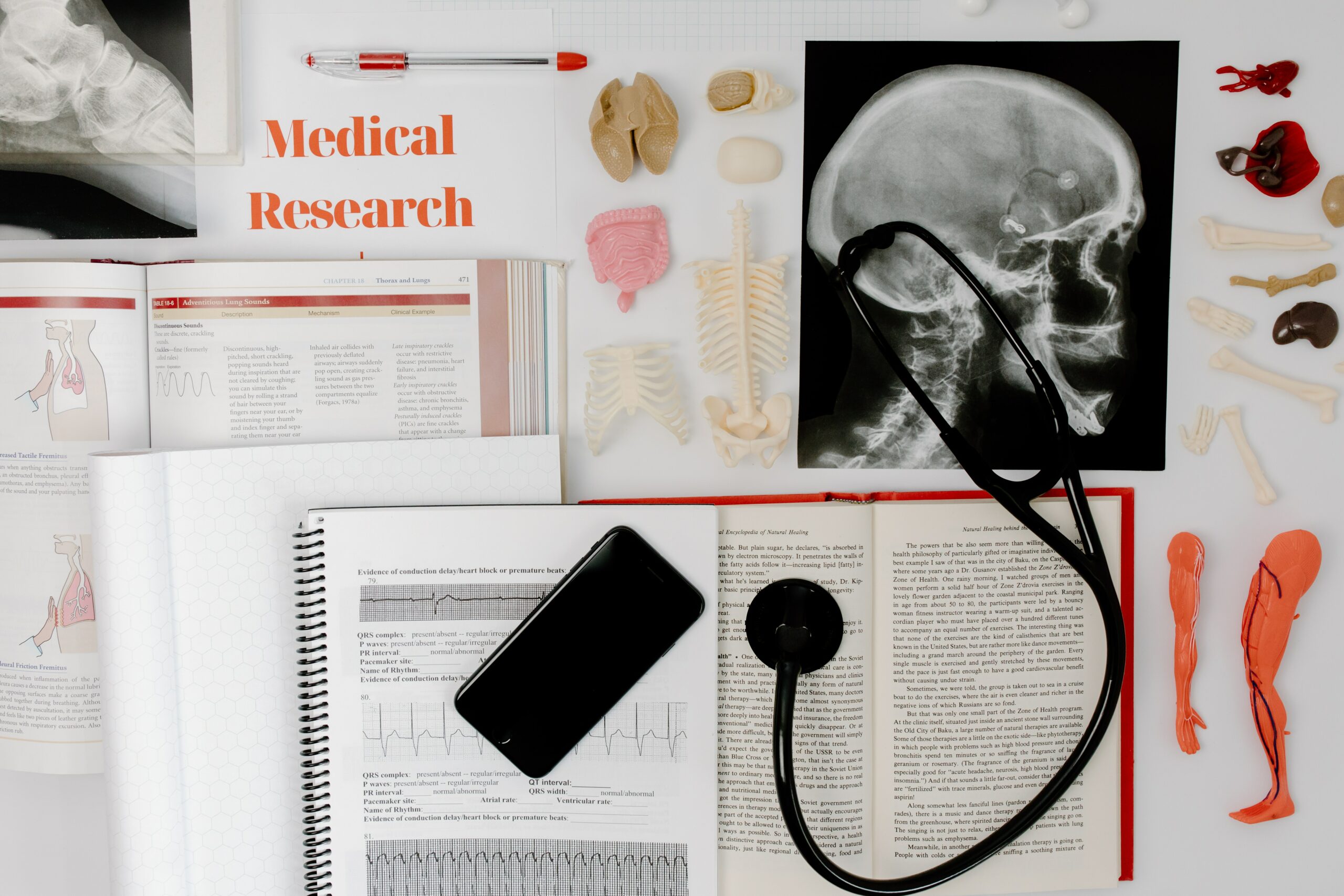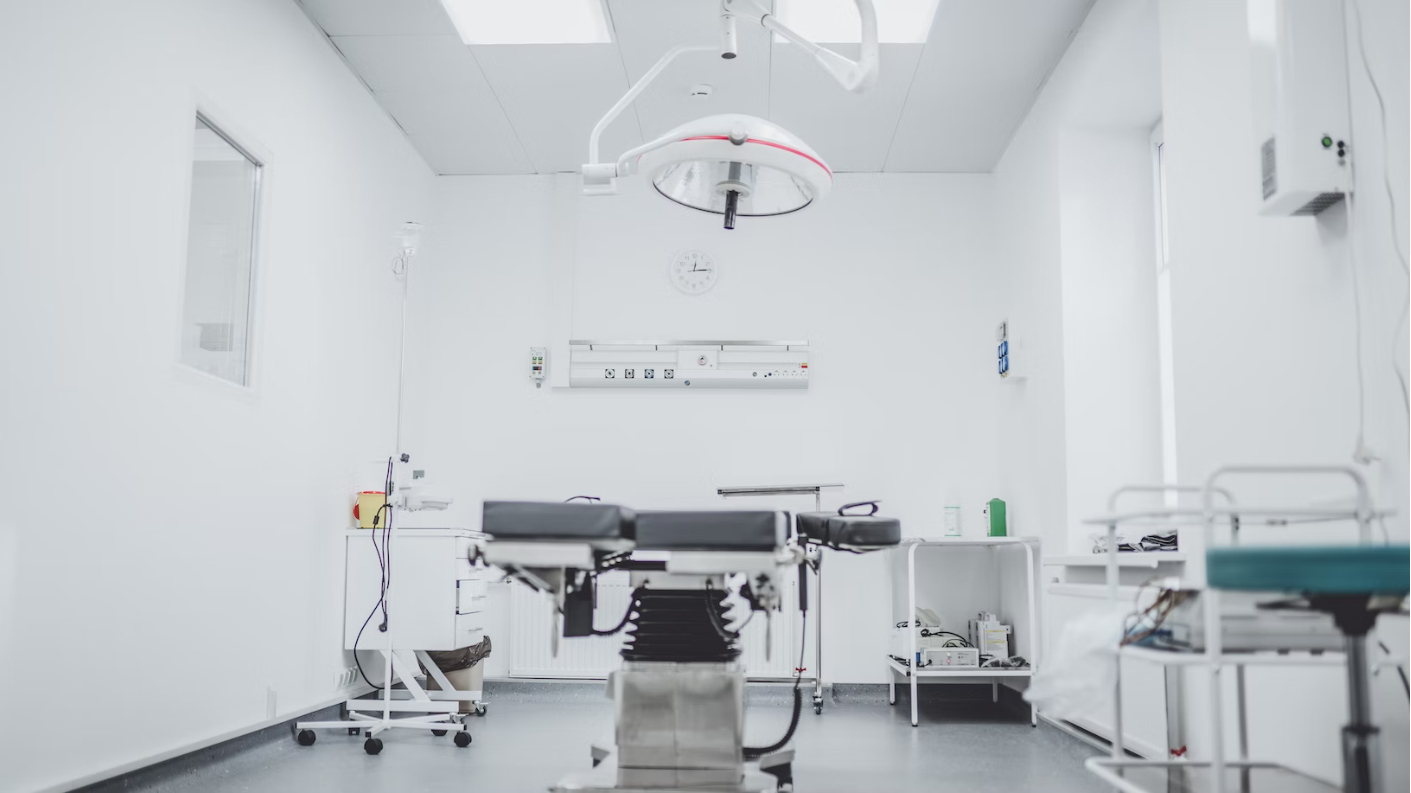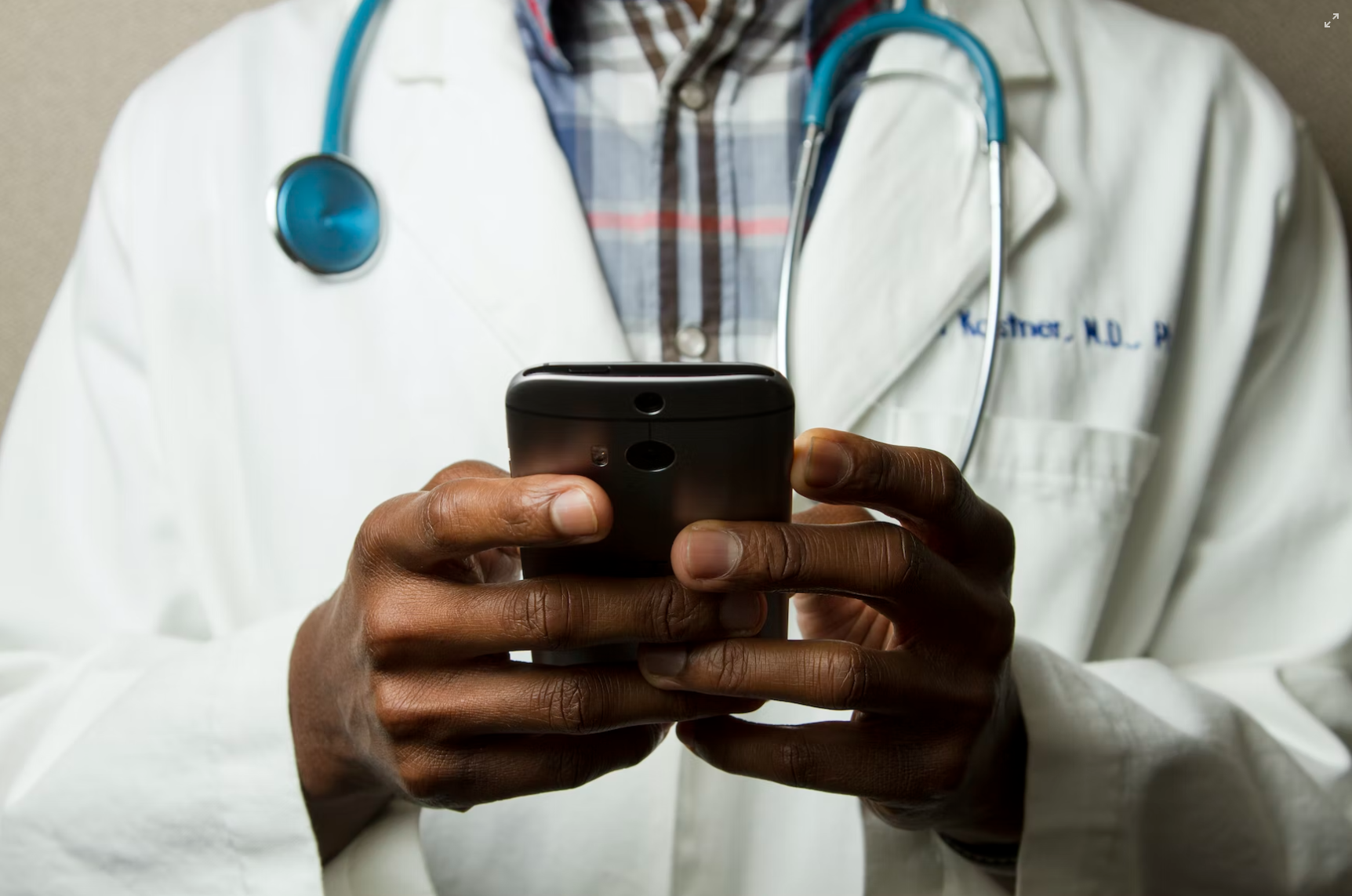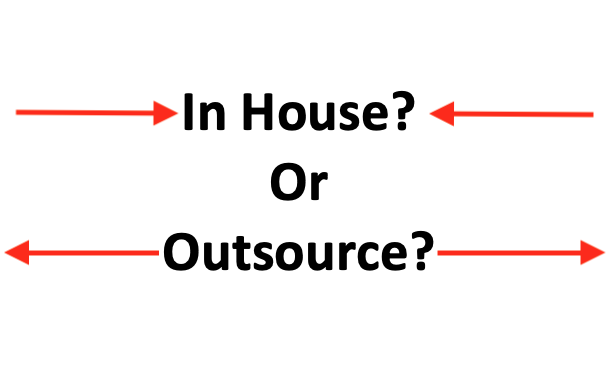Healthcare
Category5 Stress Relieving Tips for Nurses
Being a nurse requires a great deal of patience, compassion, and resilience to care for patients who are often in pain or distress. However, the demands of the job can also take a toll on a nurse’s own mental and physical health. According to a su…
Preparing Yourself for Your First Paid Nursing Internship
During your nursing education, you’ve gained a lot of theoretical knowledge and you’ve likely had a chance to complete your practicum, which is important for learning practical nursing skills. However, it’s a great idea to gain additional experien…
5 Steps to Become a Medical Director
A medical director is a physician who provides oversight for a clinical program or department within a healthcare organization. As a medical director, you will be responsible for ensuring that the quality of care provided meets or exceeds expectat…
Marketing and Design Tactics to Make Your Medical Website Standout
The patient is the heart and soul of any medical practice. Supporting patients and their loved ones through some of life’s most important, and often most difficult, moments is the mission of every healthcare provider.
However, the practice…
4 Ways to Enhance Your Therapy Practice
As a therapist, whether you’re new to the profession or have been practicing for years, staying up-to-date with the latest trends and resources in your field can help you make sure your practice is as successful as possible. In this article, also …
How Can We Improve Healthcare Education?
The educational aspect of the healthcare industry doesn’t get as much attention as it should. The reason for this is pretty simple. The majority of people never interact with it. And yet schools are where doctors and nurses are taught everything t…
Jobs in the Medical Field You Probably Haven’t Heard of Yet
The medical field is full of exciting opportunities and jobs with a wide range of duties and responsibilities. But there are also some lesser-known positions in the healthcare system that you may not have heard of yet. In this blog, we’ll discuss …
Skills That Translate to Being a Quality Nursing Leader
Most people don’t go into nursing for the career mobility. There is room for promotions here and there, but for many, the work remains consistently the same for the entirety of their careers. And yet some nurses feel the pull to advance their care…
4 Benefits of Engaging a Medical Director for Your Practice
A medical director provides an invaluable service for any practice. Their experience and knowledge can help guide you through tough decisions, provide direction for your team, and even improve the quality of care your patients receive. Here are ju…
The Reasons to Outsource Laboratory Billing – A Practical Guide
Medical billing is a crucial component of laboratory revenue cycle and it needs to be intact for increased profitability. To keep the financial side of labs efficient, laboratory medical billing should be handled professionally. Similarly, labs ca…

